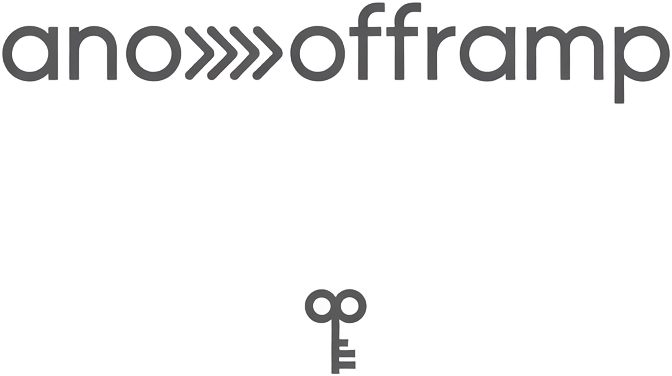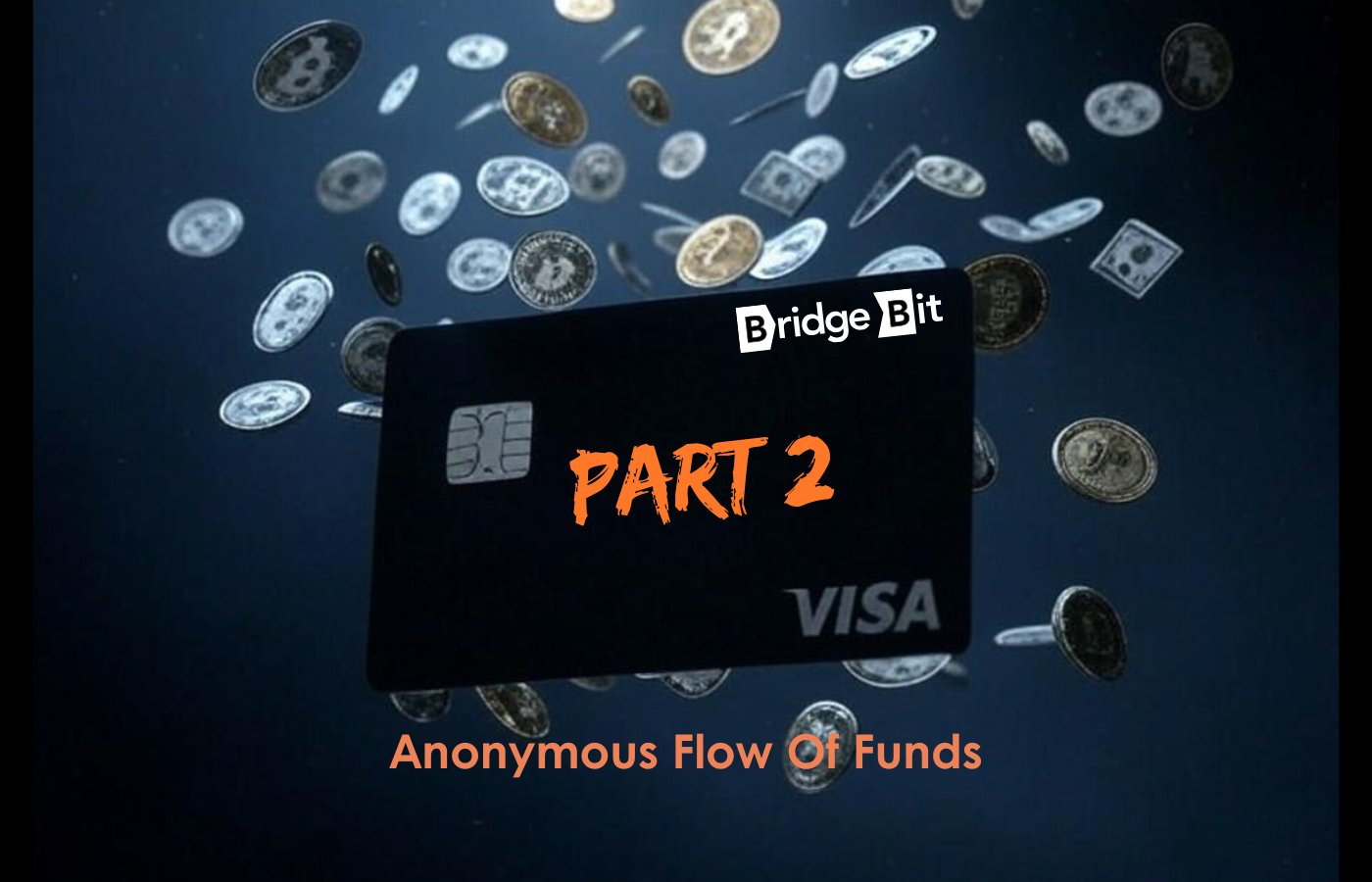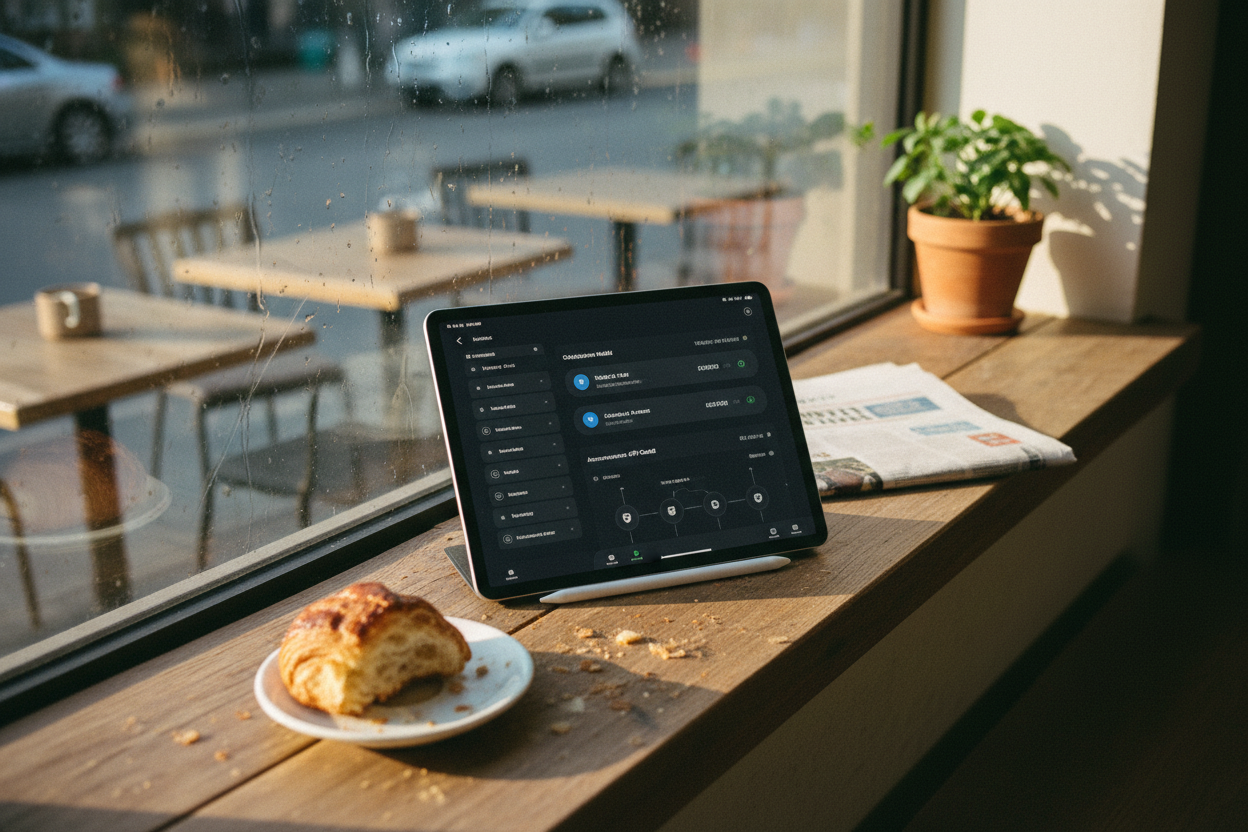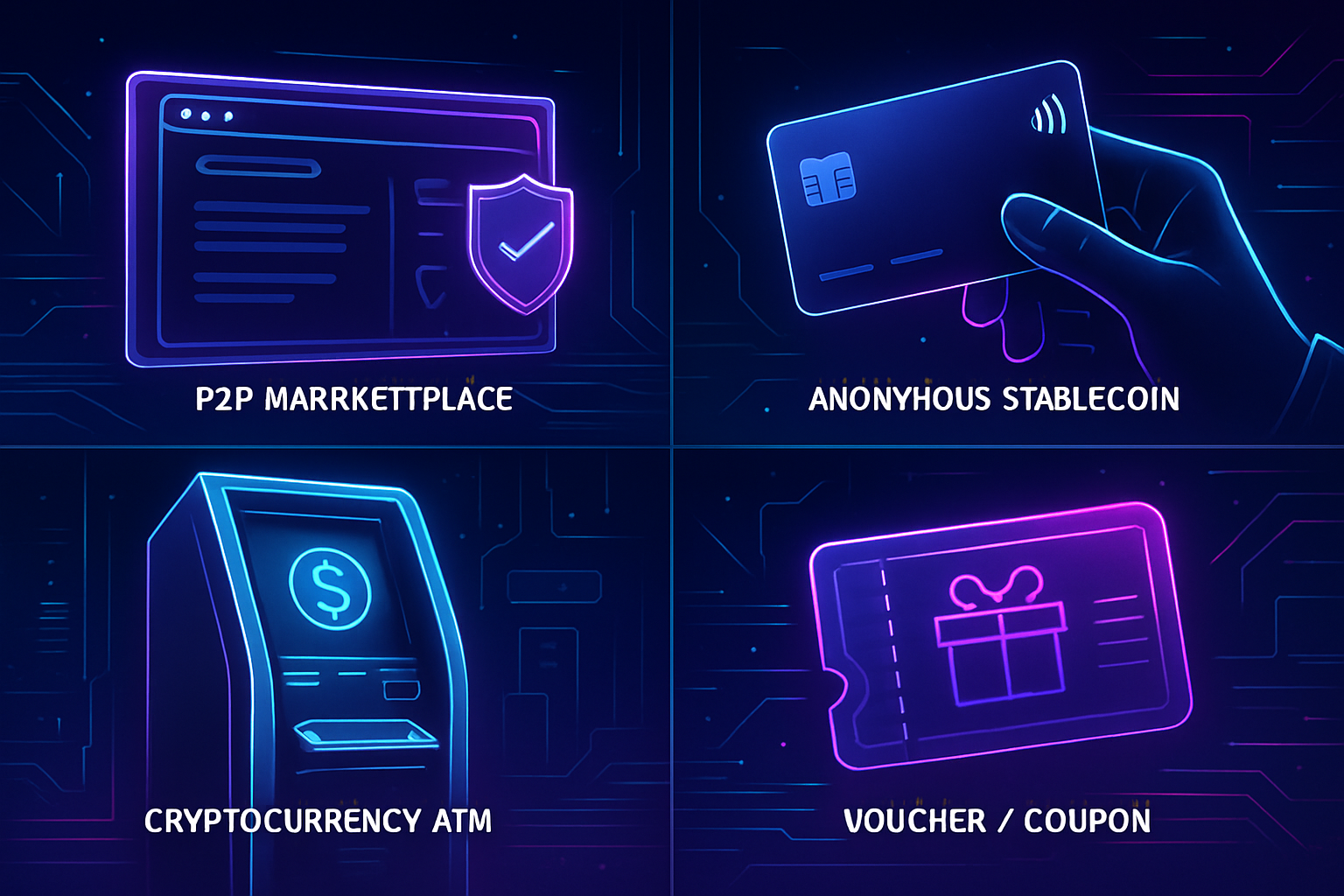
In 2024, stablecoins have cemented their role as a vital bridge between the crypto ecosystem and traditional finance, processing over $27.6 trillion in transactions and quietly reshaping global payments. Yet, as regulatory scrutiny intensifies, the desire for private, seamless off-ramps from stablecoins to fiat currency has never been greater. For users who value anonymity and control over their financial movements, navigating the landscape of non-KYC (Know Your Customer) solutions requires both caution and up-to-date knowledge.
Why Privacy-Preserving Stablecoin Off-Ramps Matter
Converting stablecoins like USDT or USDC to fiat without KYC is increasingly challenging due to anti-money laundering (AML) regulations. Most mainstream exchanges and off-ramp providers now require full identity verification, leaving privacy advocates searching for alternatives that balance discretion with security. The following five methods stand out in 2024 for enabling private stablecoin-to-fiat conversion while minimizing personal data exposure:
Top 5 No-KYC Stablecoin Off-Ramp Solutions (2024)
-

Peer-to-Peer (P2P) Marketplaces with No-KYC Filters — Platforms like LocalCryptos and AgoraDesk allow users to sell stablecoins directly to buyers for fiat, often with the ability to filter for no-KYC-required trades. These marketplaces support multiple payment methods and offer escrow services for enhanced security.
-
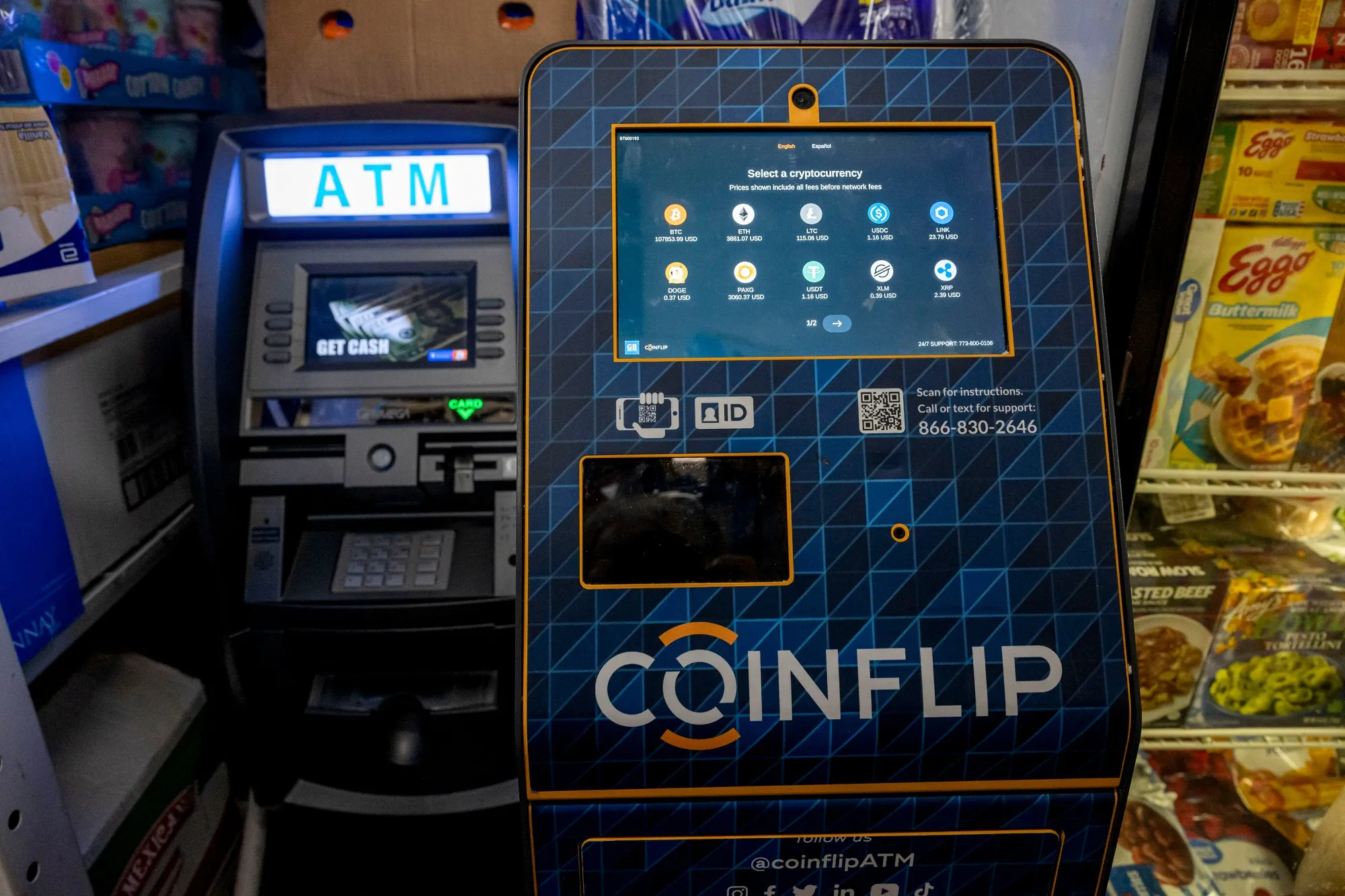
Crypto ATMs Supporting Stablecoins and Minimal KYC — Select machines from operators like CoinFlip and Bitcoin Depot allow users to sell stablecoins (e.g., USDT, USDC) for cash with minimal or no KYC for small amounts. Locations and KYC thresholds vary, so check machine requirements before use.
-
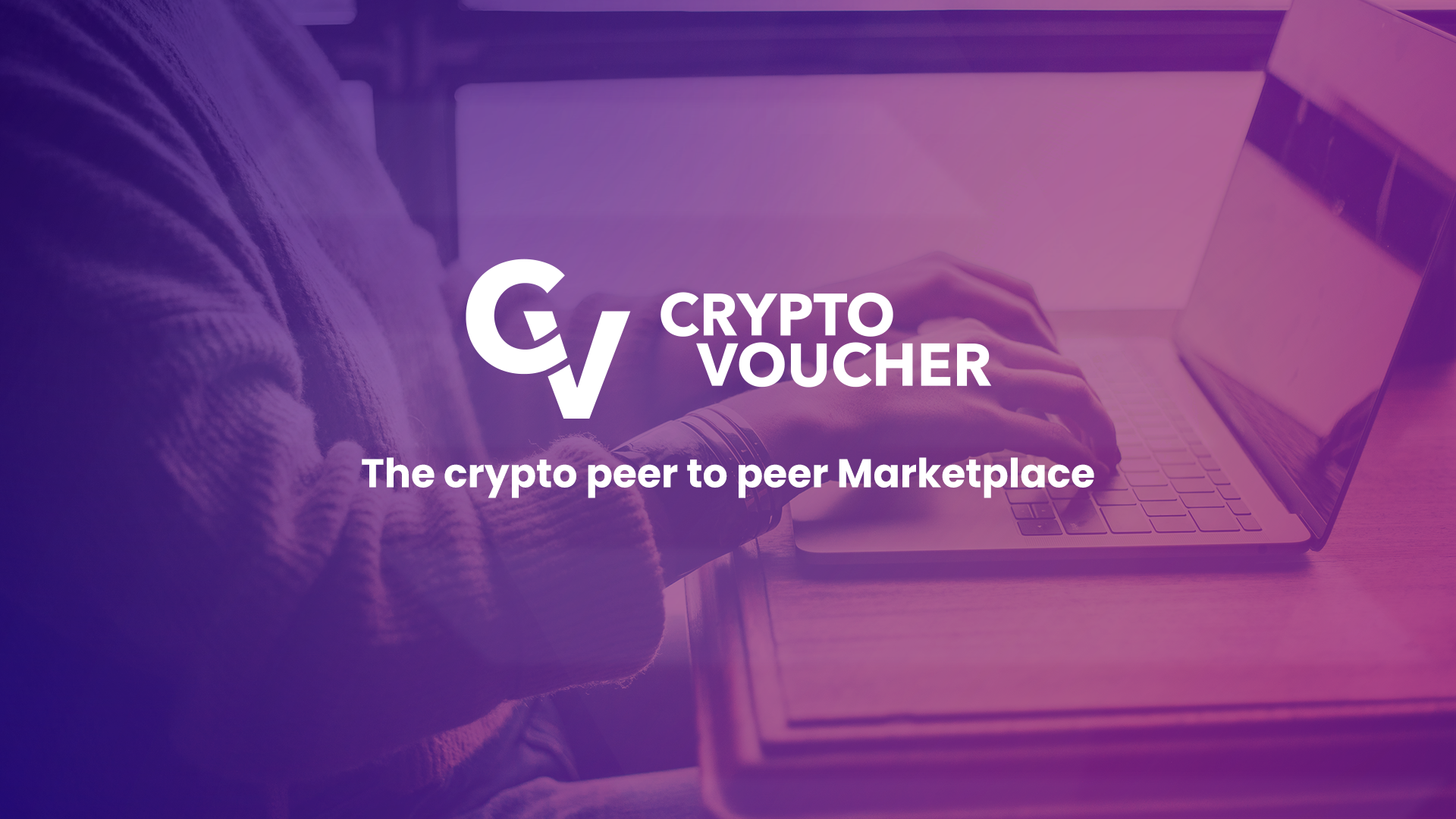
Voucher/Coupon Off-Ramp Services — Platforms such as CryptoVoucher.io and PrepaidCode.com enable users to convert stablecoins into vouchers or prepaid codes, which can be redeemed for goods, services, or fiat cash, often with minimal identity requirements.
-
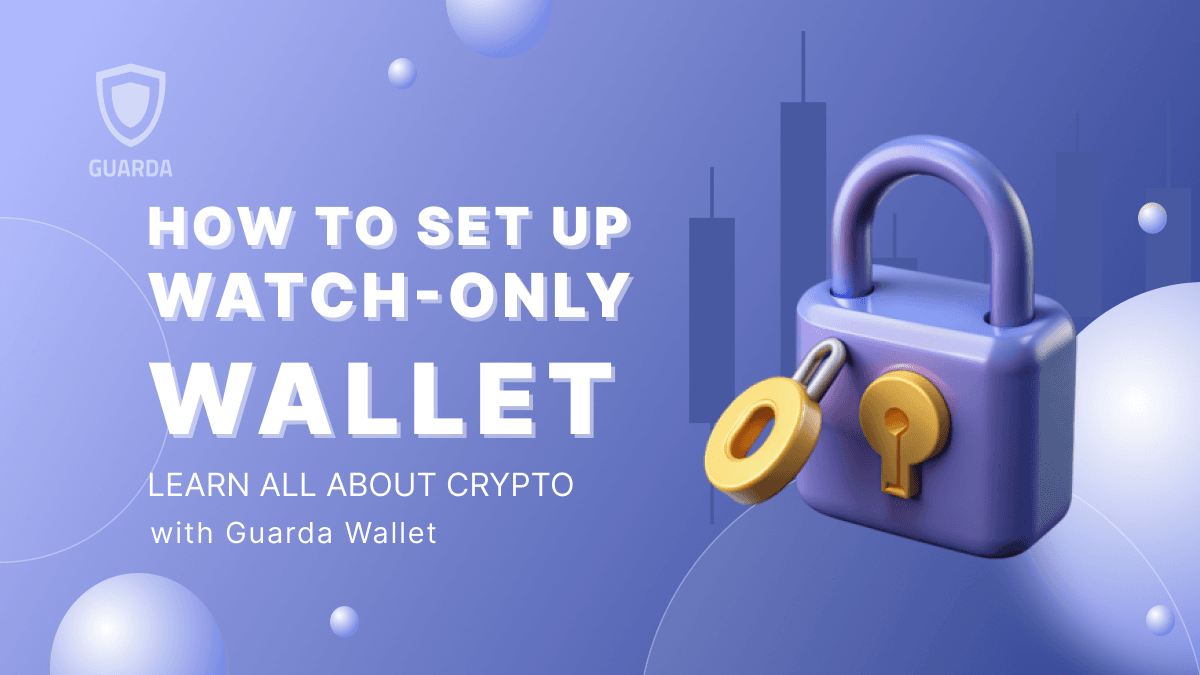
Decentralized Stablecoin Swaps to Cash via Local Agents — Services like LocalMonero and LocalBitcoins facilitate in-person cash deals for stablecoins (USDT/USDC), connecting users with local agents for private, face-to-face exchanges without KYC.
Peer-to-Peer Marketplaces with No-KYC Filters
P2P marketplaces like LocalCryptos and AgoraDesk have become go-to solutions for those seeking to off-ramp stablecoins discretely. These platforms connect buyers and sellers directly, allowing users to filter offers based on payment method, location, and crucially, KYC requirements. By selecting no-KYC or low-KYC deals, individuals can sell USDT or USDC for cash or bank transfers without exposing personal information beyond what’s strictly necessary.
The flexibility is appealing but comes with heightened risk: users must vet counterparties carefully to avoid fraud or scams. Escrow mechanisms provide some protection, but diligence remains essential when trading outside regulated environments.

Anonymous Stablecoin Debit Cards: Spend Without Oversharing
The emergence of anonymous stablecoin debit cards, such as Bitcard and ClubSwan’s no-KYC tiers, offers another practical route for privacy-focused users. These cards allow holders to load USDT or USDC onto a prepaid card that can be used at any point-of-sale terminal supporting Visa or Mastercard networks worldwide.
Providers typically offer tiered verification: lower spending limits apply at the no-KYC level, while higher tiers require more documentation. For many users seeking daily spending flexibility rather than large withdrawals, these cards strike an attractive balance between usability and anonymity.
Crypto ATMs Supporting Stablecoins with Minimal KYC
A growing number of crypto ATMs, including select CoinFlip and Bitcoin Depot machines in major cities worldwide, now support direct conversion of leading stablecoins into local currency cash withdrawals. Many of these machines impose only minimal KYC checks for small transactions, often requiring nothing more than a phone number or SMS verification under certain thresholds.
This method is especially useful for those who need quick access to cash without lengthy registration processes. However, fees can be higher than online alternatives and availability may vary by region.
Which privacy-preserving stablecoin off-ramp method do you trust most in 2024?
With privacy a top concern, several no-KYC options now exist for converting stablecoins to fiat. Which of these leading methods or platforms do you feel most comfortable using?
Another underappreciated pathway for private stablecoin off-ramping is the use of voucher and coupon services. Platforms like CryptoVoucher. io and PrepaidCode. com allow users to exchange USDT or USDC for digital vouchers, prepaid cards, or retail gift codes. These can then be redeemed at major merchants or sold for cash through local channels. The process typically requires only an email address, sidestepping traditional KYC hurdles entirely at lower denominations.
While voucher-based off-ramps offer a unique blend of privacy and flexibility, they do come with trade-offs. Markups on voucher values can be significant, and liquidity depends on demand in your region. For those who prioritize keeping their identity shielded from centralized exchanges and banks, however, this method remains a practical tool, particularly for routine purchases or small-scale cash-outs.
Decentralized Stablecoin Swaps to Cash via Local Agents
The final standout solution in 2024 is leveraging decentralized swaps to cash through local agents. On platforms like LocalMonero and LocalBitcoins, both of which now support stablecoin deals such as USDT or USDC, users can arrange in-person or online trades with local agents who pay out fiat directly. These peer-facilitated swaps circumvent centralized infrastructure altogether, relying instead on reputation systems and escrow contracts to ensure trust.
This method is especially valued in regions where formal banking access is limited or surveillance is high. However, the decentralized nature means users must be vigilant about counterparty risk. Meeting in public places and using platform-provided escrow tools are best practices to mitigate potential issues.
Key Considerations: Balancing Anonymity with Security
Each of these privacy-preserving off-ramp methods offers distinct advantages, but none are without risk. Here are some disciplined guidelines for users committed to discretion:
- Start Small: Test new platforms with minimal amounts before scaling up transactions.
- Use Reputable Platforms: Stick to established names like AgoraDesk, Bitcard, CoinFlip ATMs, CryptoVoucher. io, and LocalMonero where possible.
- Beware of Scams: Thoroughly vet counterparties in P2P trades; leverage escrow whenever available.
- Understand Regional Laws: Regulatory environments vary, ensure your chosen method aligns with local legal frameworks.
The landscape for private stablecoin-to-fiat conversion continues to evolve rapidly. While regulatory headwinds may increase friction over time, innovation persists at the intersection of privacy technology and financial autonomy. By carefully weighing trade-offs between anonymity, convenience, and security, and by leveraging the five proven methods above, users can still maintain meaningful control over their financial footprint in 2024’s increasingly surveilled world.
